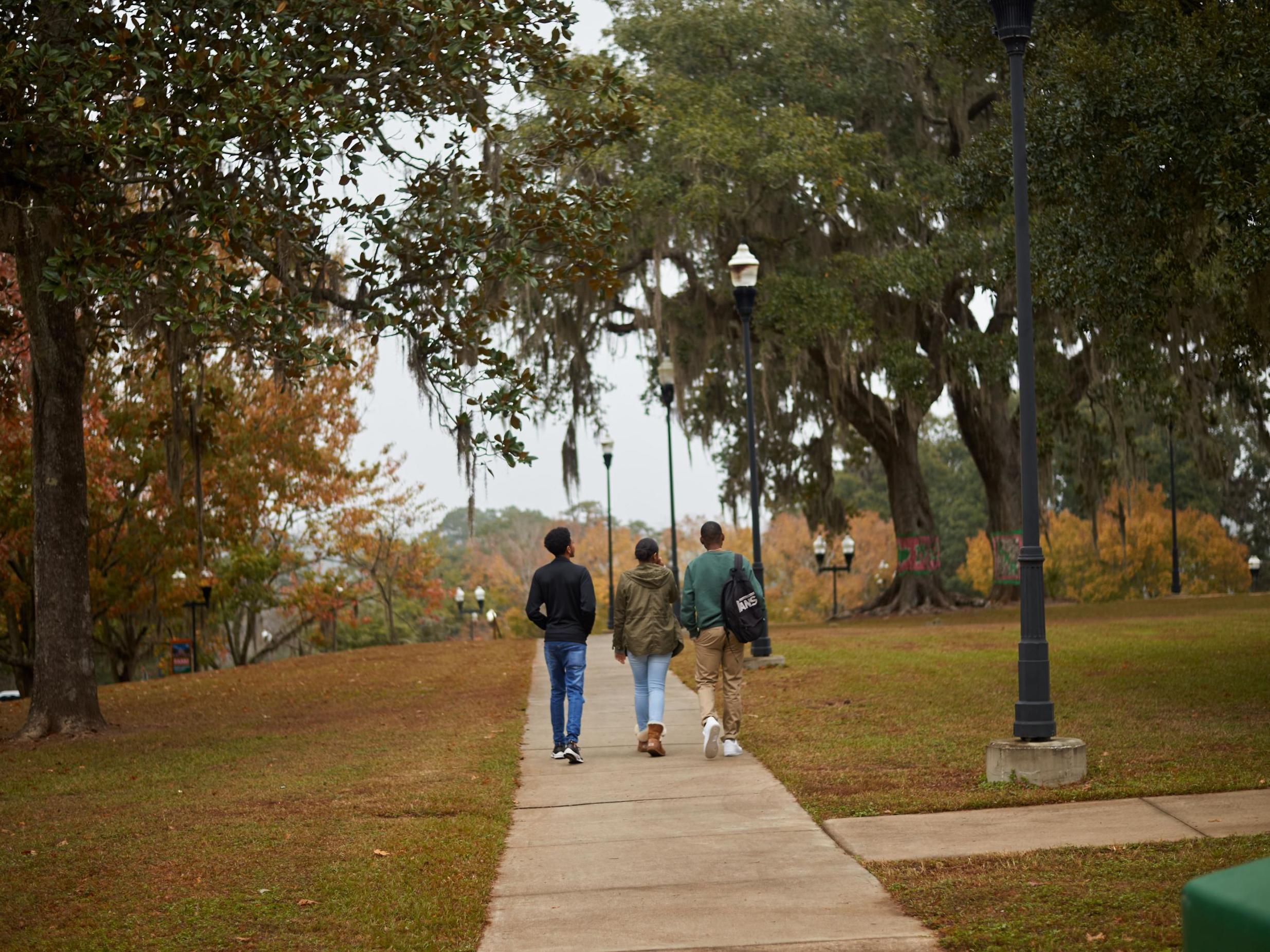Is a scholarship enough to make up for the 1923 Rosewood massacre?
In a town haunted by racially motivated murder, Robert Samuels explores if reparations for the descendants can make up for the sins of the past

Ever since Morgan Carter was a little girl, her grandmother would tell her a story. It was about an old mill town, deep in the backwoods of north Florida – a place where black people did well for themselves. The town was called Rosewood. That’s where Carter’s great-grandfather Oren Monroe was born.
In 1923, when Monroe was eight years old, an all-white mob burnt the town to the ground. They killed six people, maybe more. He escaped with a group of women and children on an unusually cold night, wading through a swamp before boarding a train that took them to a safer place. Carter was destined to be the story’s happy ending. Because of the pain Monroe’s community suffered, the Florida legislature passed a law in 1994 allowing descendants of Rosewood to go to college in the state tuition-free. The law is regarded as the first instance of a legislative body in the United States giving reparations to African Americans.
Subscribe to Independent Premium to bookmark this article
Want to bookmark your favourite articles and stories to read or reference later? Start your Independent Premium subscription today.
Join our commenting forum
Join thought-provoking conversations, follow other Independent readers and see their replies